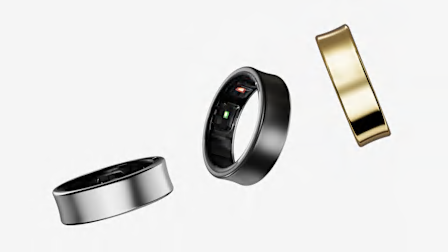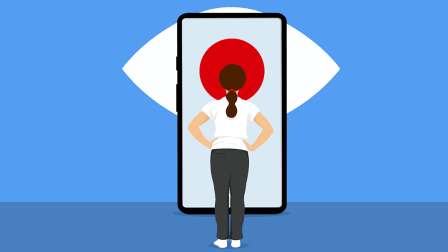How to Keep Your Health Information Private
In these highly digital days, your data can be shared in ways that can really cost you

L et’s say you have what feels like heartburn. You Google “heartburn symptoms and remedies” and seek advice from friends on Facebook.
Your symptoms worsen after lunch, so you make an appointment for a doctor’s visit using your physician’s patient portal.
After your appointment, your doctor sends a prescription—electronically—to your regular pharmacy and hands you a printout with helpful recommendations.
Control What Websites Know
A 2018 Consumer Reports nationally representative survey of 1,000 adults in the U.S. found that two-thirds had searched online for medical conditions in the previous year and that 45 percent had seen customized advertising that reflected those searches.
A website does this by embedding tiny data files called cookies and hidden images called web beacons to analyze your interests and track your activity when you go to other websites.*
To help control tracking, browse in “private” mode. Doing this on search engines such as Firefox and Safari, and using “Incognito” on Chrome, means that cookies will be deleted once you close browser windows and that searches won’t be recorded in your browser history.
You might also want to use ad-blocking software (such as Adblock Plus, Ghostery, and uBlock Origin), which is designed to prevent such ads from appearing on web pages.
Secure Your Devices
Check your smartphone and tablet settings to see what kinds of permissions each mobile app you have downloaded is asking for. If you’re not sure why an app needs certain information to function, turn off the permission.
Create strong passwords and don’t share them, and avoid using the same password for multiple accounts.
And don’t expect what’s on your work computer to be kept private. Employers can generally monitor what you do during work hours and on work devices.
Protect Your Paperwork
The Consumer Reports survey revealed that 47 percent of respondents received print copies of their medical records from a doctor’s office, a hospital, an insurance company, or a testing lab in the prior year.
I have heard of several cases where sensitive medical information was inadvertently released to family members and others, allowing them to read printed material that was left unsecured.
Make sure those materials are either locked up or shredded.
If Your Data Is Stolen
To learn whether you’re the unwitting victim of medical identity theft, carefully review the accuracy of each explanation of benefits document you get from your health insurer.
If you find visits to a doctor, hospital, or lab that aren’t familiar to you, report them immediately.
Also, get copies of your medical records and request a correction if you notice an error. If you lose your health insurance card, ask for a new number. Don’t give out health data by phone or email unless you’re sure of the recipient.
For more guidance on protecting your information, go to the Federal Trade Commission’s Bureau of Consumer Protection website.
*Editor’s Note: CR.org uses tracking technology to understand how people use our site, and to place and market CR media products and services on other websites.



